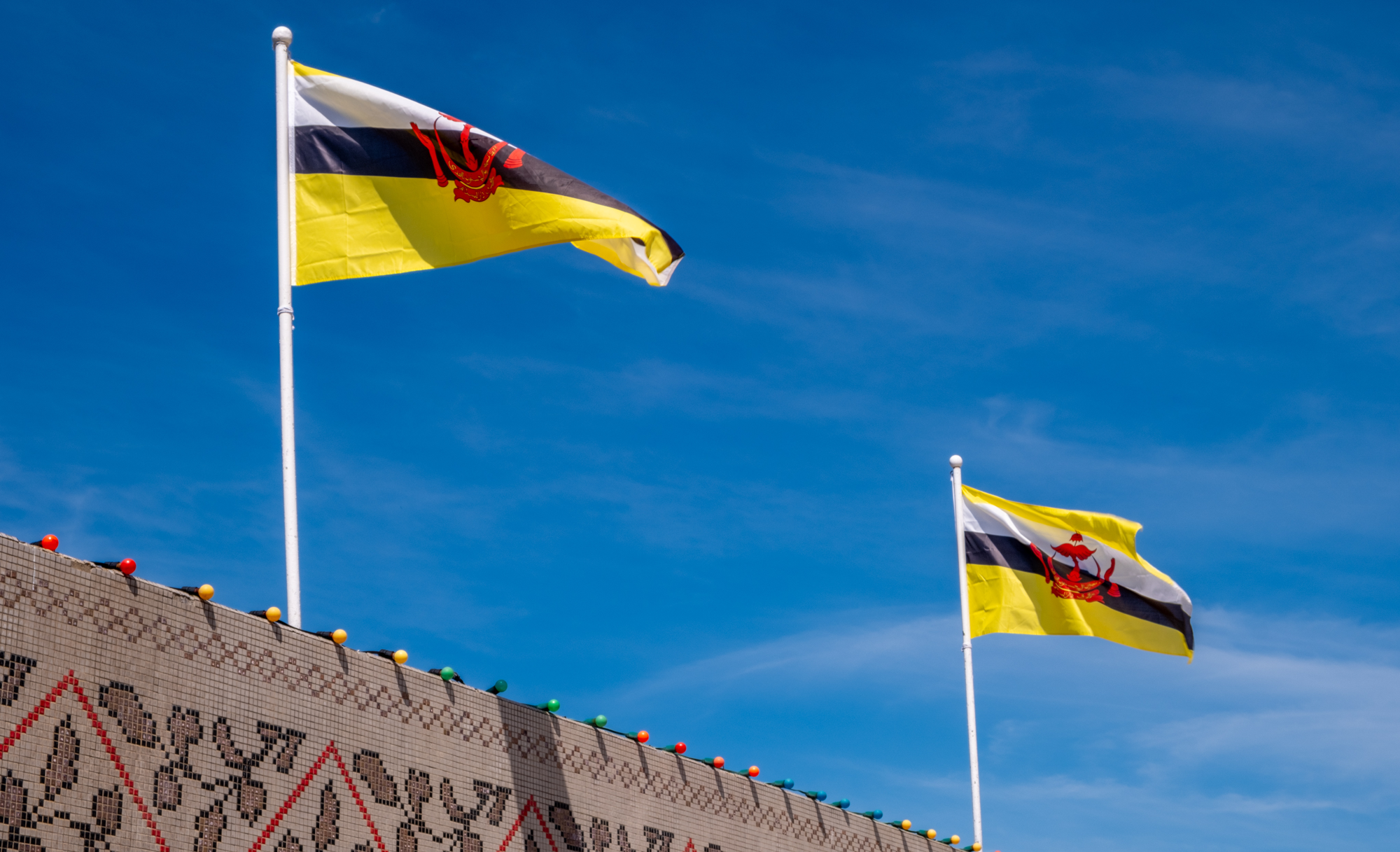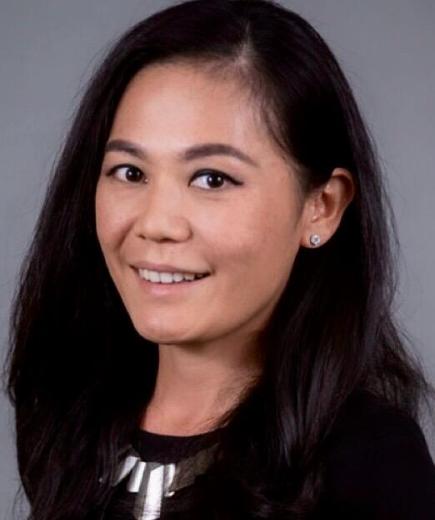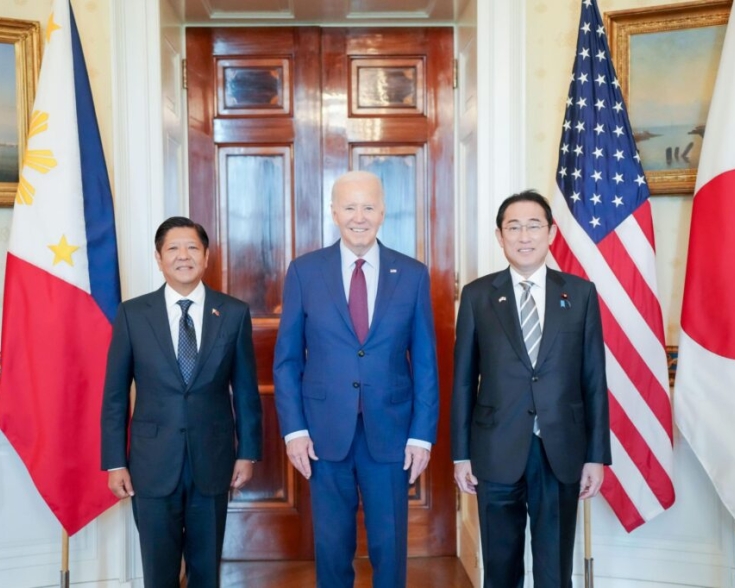A Skilled, Secure, and Satisfied Workforce

The Government of Brunei is in the early stages of implementing two main reforms to pursue its national goal of developing a robust and skilled workforce. Attracting technical talent is essential to the country’s broader industry goals. Brunei also hopes to reduce “brain drain,” or the loss of professionals who leave the country for better career opportunities.
The first reform is the gradual rollout of a new minimum wage, which took effect last year for workers in the banking, finance, and ICT sectors, who are now entitled to at least BND 500 (USD 371) per month. Although initiation of the policy in other industries by the Brunei Department of Labor remains to be seen, application to production and manufacturing would develop the labor workforce. The second reform is an overhaul of the pension fund system, called the National Retirement Scheme, which promises more financial security to the labor market.
Employment and wage stability are topics of concern, especially when working in the exportation of a finite resource (i.e. oil and gas) with a value that ebbs and flows due to global geopolitical conditions. Yet in addition to attaining decarbonization targets, renewable energy industries has been proven to create new, lasting jobs at all stages of production and across demographics.








